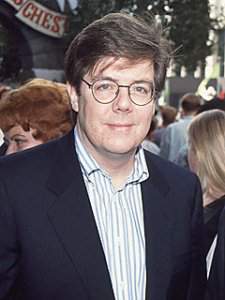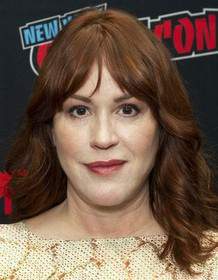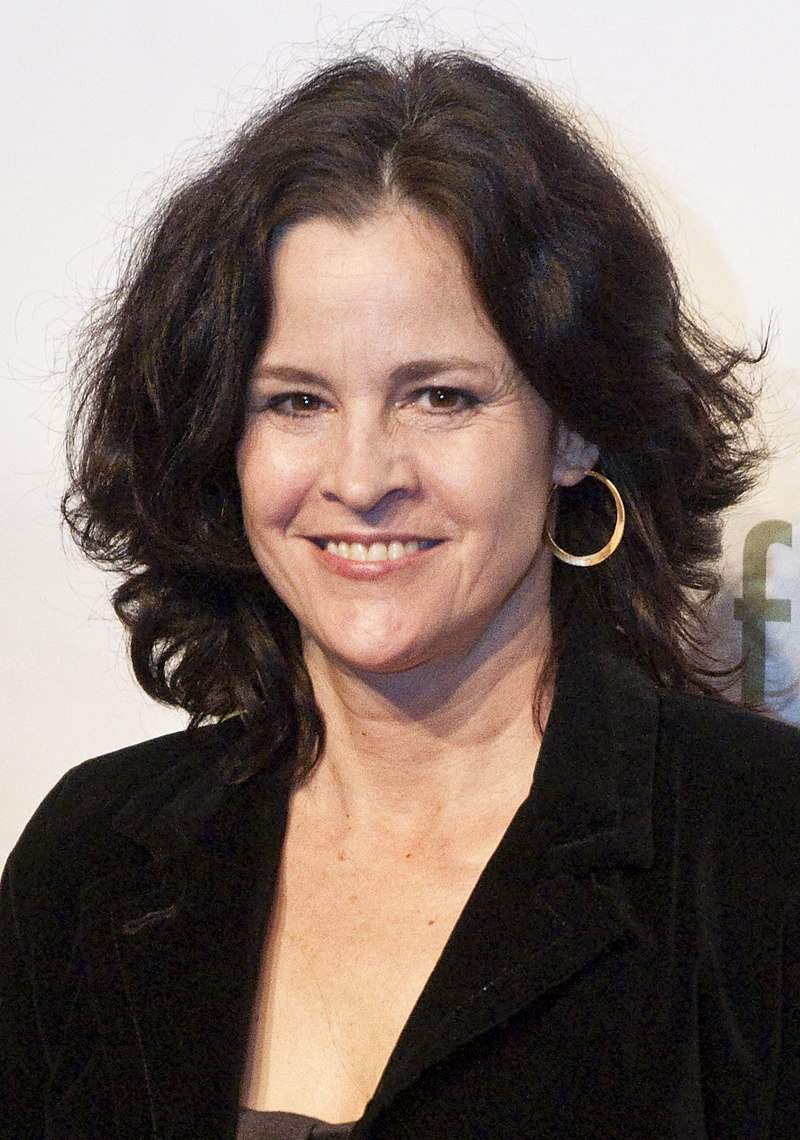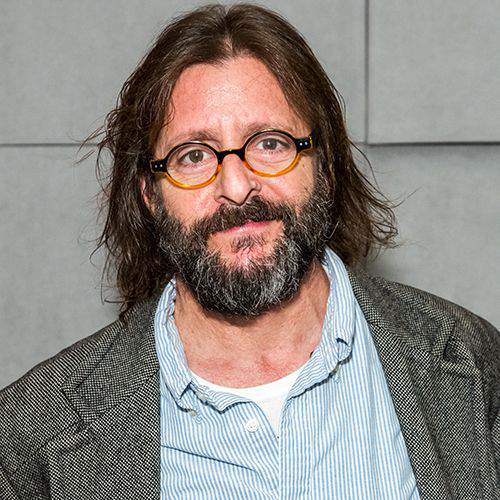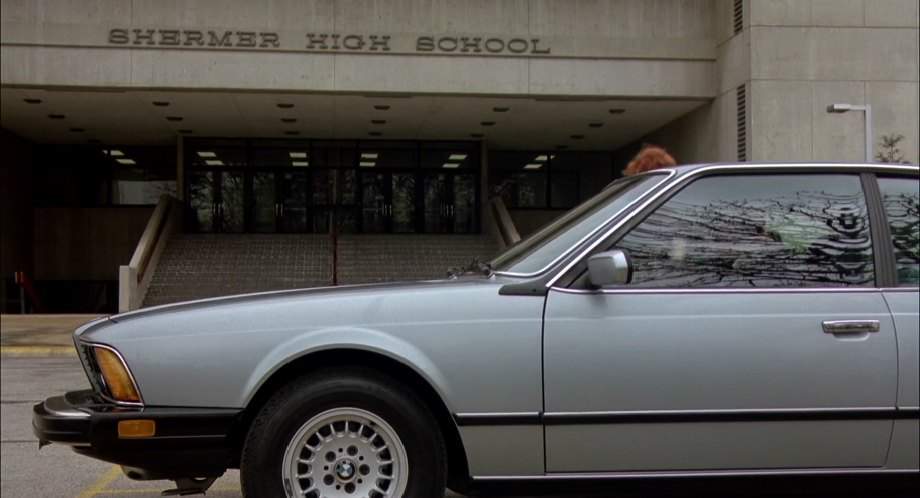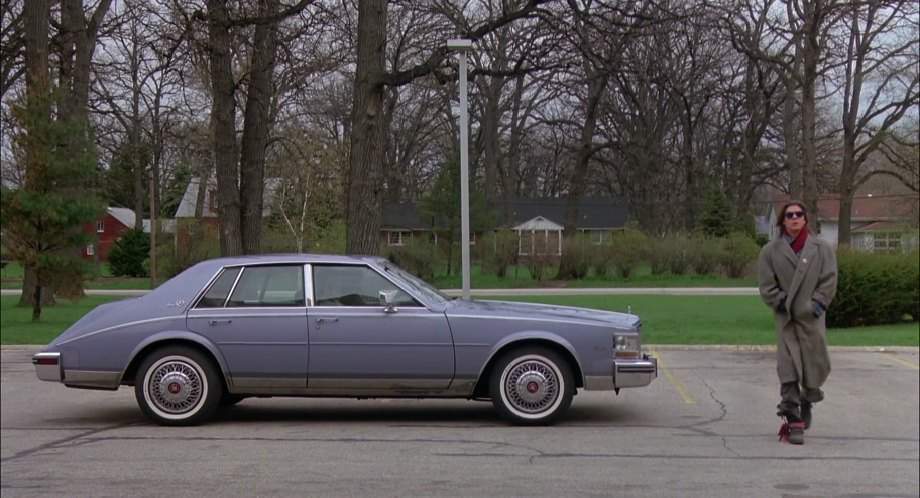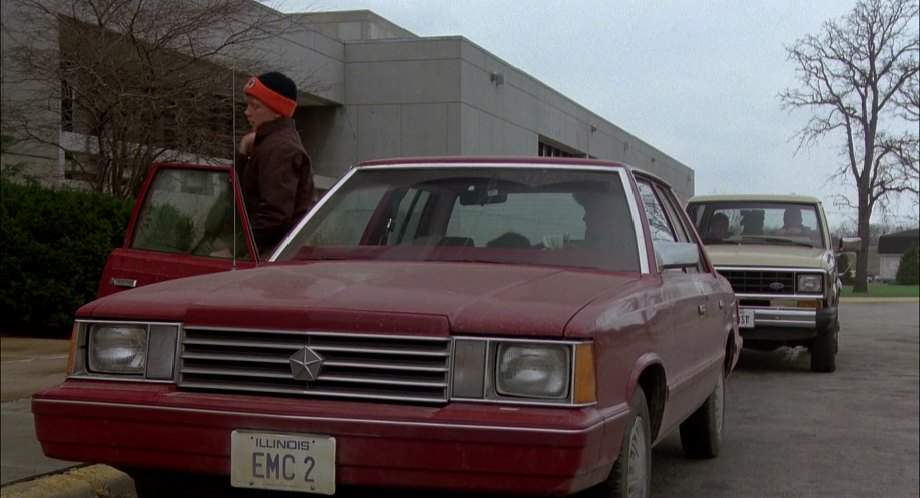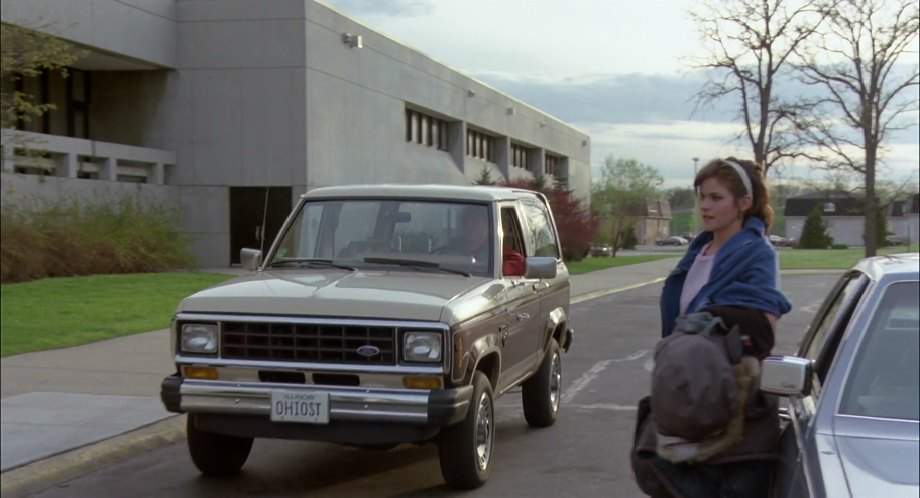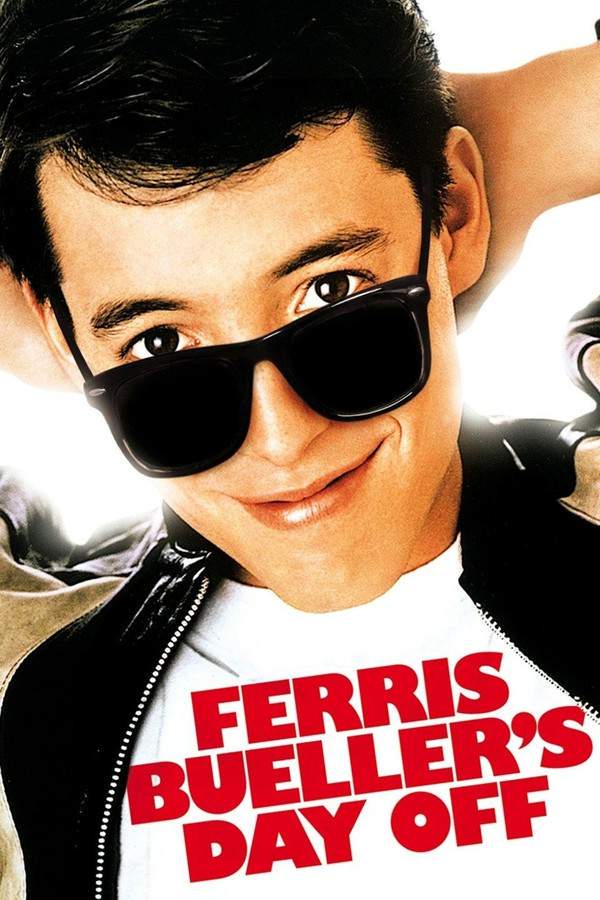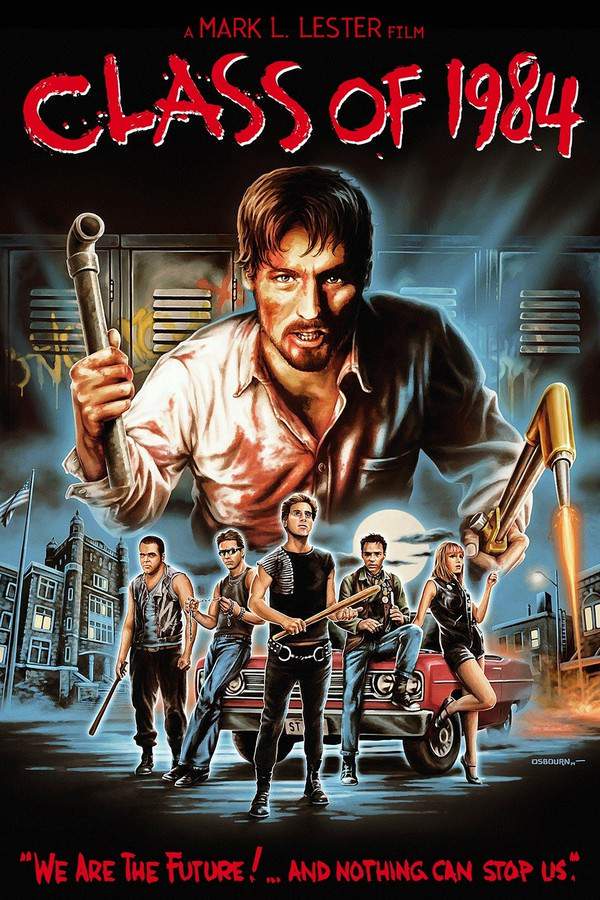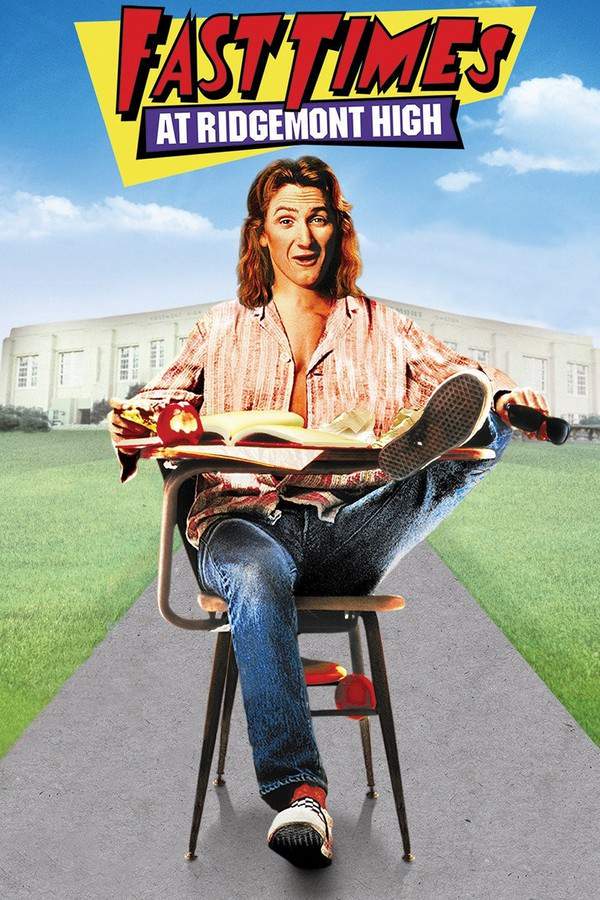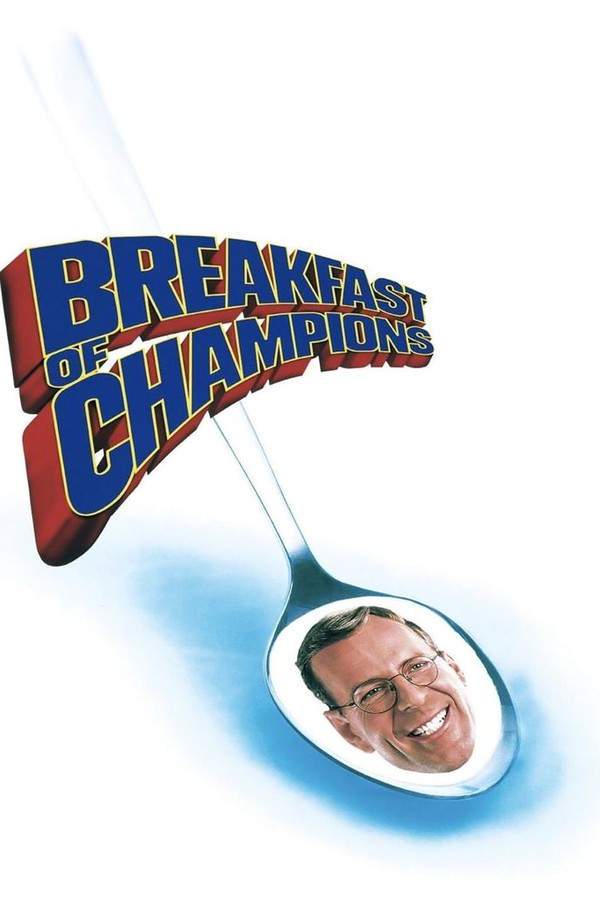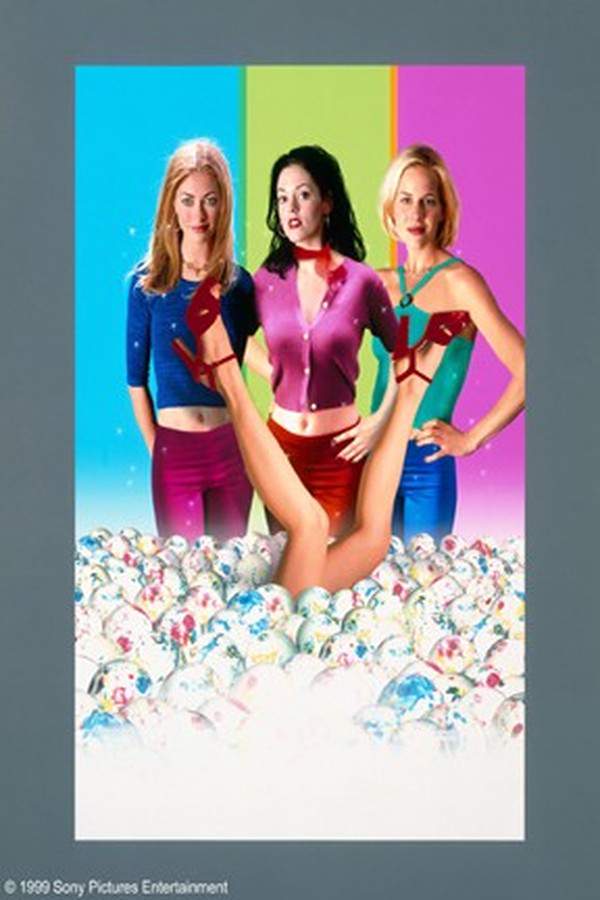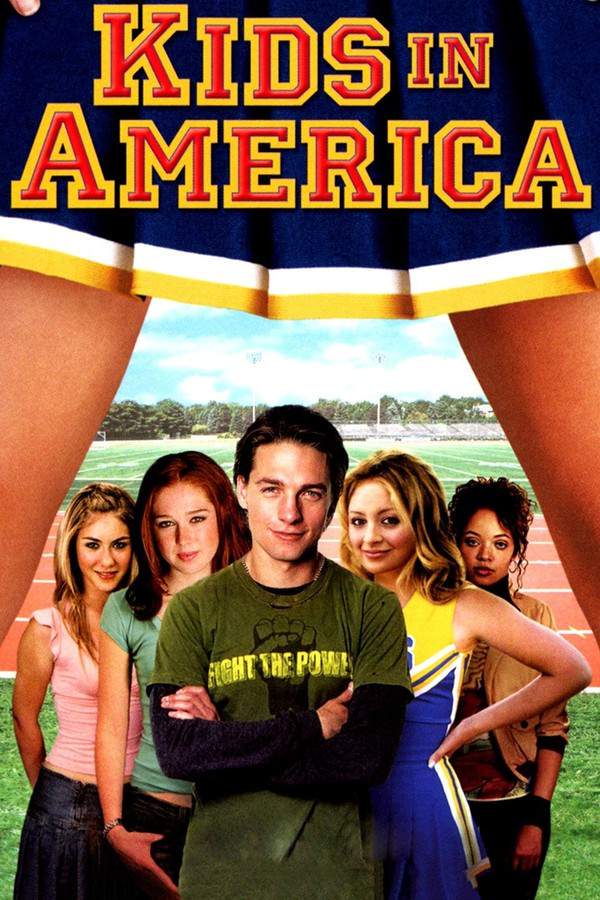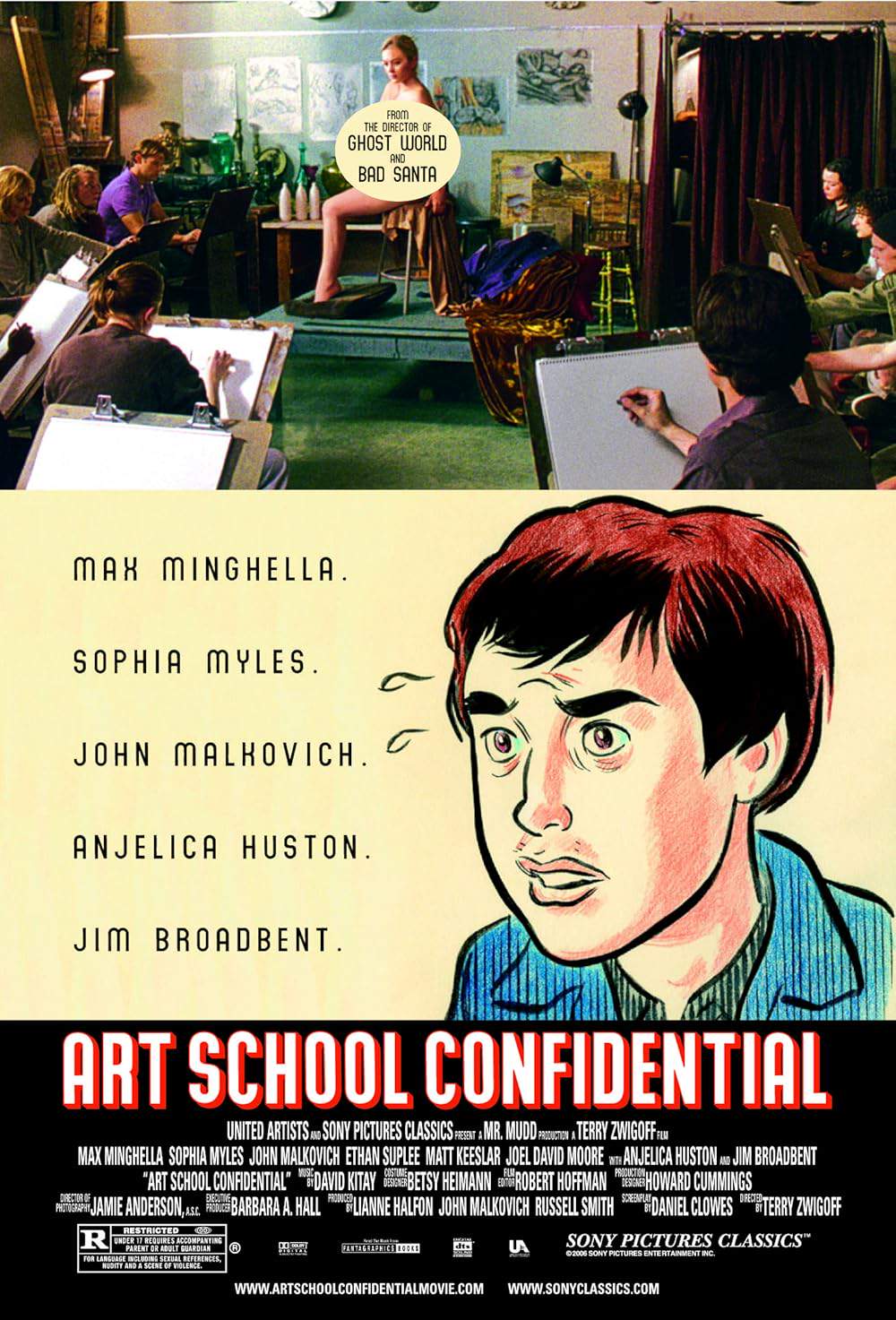The Breakfast Club 1985
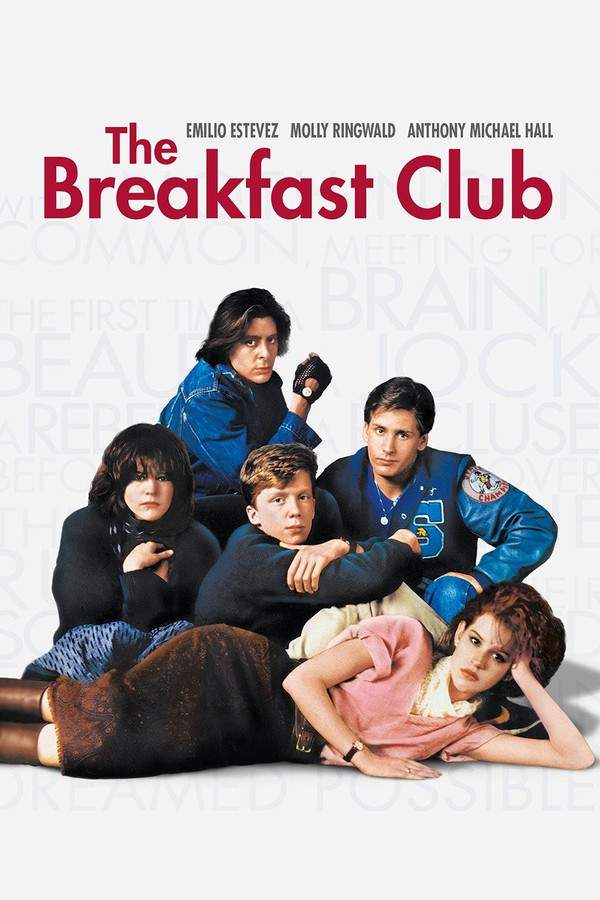
Five high school students, each representing a distinct social group—the brain, athlete, rebel, princess, and basket case—are forced to spend a Saturday in detention together. Initially clashing due to their preconceived notions about one another, they gradually begin to share their vulnerabilities and frustrations. Through honest conversations and unexpected connections, they challenge the labels that confine them and discover shared humanity. The experience leads to a surprising and profound understanding of themselves and the pressures they face.
Does The Breakfast Club have end credit scenes?
No!
The Breakfast Club does not have end credit scenes. You can leave when the credits roll.
Meet the Full Cast and Actors of The Breakfast Club
Explore the complete cast of The Breakfast Club, including both lead and supporting actors. Learn who plays each character, discover their past roles and achievements, and find out what makes this ensemble cast stand out in the world of film and television.
External Links and Streaming Options
Discover where to watch The Breakfast Club online, including streaming platforms, rental options, and official sources. Compare reviews, ratings, and in-depth movie information across sites like IMDb, TMDb, Wikipedia or Rotten Tomatoes.
Ratings and Reviews for The Breakfast Club
See how The Breakfast Club is rated across major platforms like IMDb, Metacritic, and TMDb. Compare audience scores and critic reviews to understand where The Breakfast Club stands among top-rated movies in its genre.

66
Metascore
8.2
User Score


%
TOMATOMETER

0%
User Score

7.8 /10
IMDb Rating
Take the Ultimate The Breakfast Club Movie Quiz
Challenge your knowledge of The Breakfast Club with this fun and interactive movie quiz. Test yourself on key plot points, iconic characters, hidden details, and memorable moments to see how well you really know the film.
The Breakfast Club Quiz: Test your knowledge of The Breakfast Club's characters, themes, and memorable moments.
What was the setting of the movie?
Shermer High School
John Hughes High School
Sherman Oaks High School
Shermer Community College
Show hint
Full Plot Summary and Ending Explained for The Breakfast Club
Read the complete plot summary of The Breakfast Club, including all major events, twists, and the full ending explained in detail. Explore key characters, themes, hidden meanings, and everything you need to understand the story from beginning to end.
The story centers around five teenagers at the fictional Shermer High School in Shermer, Illinois, who find themselves serving a Saturday detention on March 24, 1984. Though they are not complete strangers, each student comes from a distinct social group: John Bender (portrayed by Judd Nelson), labeled as “The Criminal”; Claire Standish (played by Molly Ringwald), the “Princess”; Brian Johnson (performed by Anthony Michael Hall) known as “The Brain”; Andy Clark (acted by Emilio Estevez), the “Athlete”; and Allison Reynolds (interpreted by Ally Sheedy), or “The Basket Case”. Their detention experience is overseen by the stern Principal Richard Vernon (Paul Gleason), who tasks them with writing an essay on “who you think you are” and outlining the misdeeds that led them to this fate.
In the midst of their confinement, Bender quickly emerges as the group’s thorn, displaying hostility that sets the tone for much of the interaction. He throws playful yet biting jabs at Brian about his home life, and later reveals the baggage of his own abusive upbringing. His behavior prompts a series of outbursts, illustrating the struggle behind his tough facade. As they endure hours of detention, the group engages in unpredictable activities: they dance, provoke one another, share personal stories, engage in fights, and even pass around marijuana, all while unraveling their deepest secrets.
Amid the chaos, they learn about each other’s struggles; for instance, Allison admits to being a compulsive liar while Brian and Claire express their concerns about their personal lives and virginity. As they bond, the realization dawns upon them that they have more in common than they initially thought—each carries the weight of strained relationships with their parents and an unspoken fear of replicating the mistakes of the adults around them.
Even Mr. Vernon experiences moments of reflection. During an encounter with the janitor Carl Reed (John Kapelos), Vernon reveals his insecurities about a future where the students in detention will one day hold positions of power. Amid their evolving dynamics, the group concocts a plan to escape the library for a few moments. Bender retrieves his hidden stash of marijuana, and during their return, he makes a selfless sacrifice to ensure his friends’ escape, hiding the contraband in Brian’s pants.
As the day rolls on, each student reveals their backstory regarding their detention. Claire confesses to skipping class, hinting at family tensions, while Brian shares a darker account of his emotional struggles that almost led to tragedy. Andrew’s story showcases the harmful consequences of peer pressure, stemming from the need to conform to his father’s expectations. Allison provides little clarity about her detention but hints at a lack of better alternatives for her Saturday.
By the day’s end, characters start to shed their labels. Claire emerges as a natural leader, while Bender becomes more approachable, leading to a romantic moment between him and Claire in the confines of the closet. Andrew finds a connection with Allison after a makeover transforms her appearance, and Brian discovers a newfound ability to articulate his thoughts eloquently.
In a moment of unity, the group agrees that Brian should write the essay for Mr. Vernon. Instead of adhering to the assignment’s surface, Brian composes a letter that genuinely captures their day’s revelations. He signs off the essay as “The Breakfast Club,” leaving an impactful message for Vernon that encapsulates their growth.
The evolution of their characters culminates in the poignant realization that they are more than just stereotypes. As Brian’s letter states, “You see us as you want to see us… in the simplest terms and the most convenient definitions.” The group departs from their detention, leaving behind a story of transformation, connection, and shared understanding, with Bender striking a victorious pose as the credits roll.
Uncover the Details: Timeline, Characters, Themes, and Beyond!

Coming soon on iOS and Android
The Plot Explained Mobile App
From blockbusters to hidden gems — dive into movie stories anytime, anywhere. Save your favorites, discover plots faster, and never miss a twist again.
Sign up to be the first to know when we launch. Your email stays private — always.
Watch Trailers, Clips & Behind-the-Scenes for The Breakfast Club
Watch official trailers, exclusive clips, cast interviews, and behind-the-scenes footage from The Breakfast Club. Dive deeper into the making of the film, its standout moments, and key production insights.
Cars Featured in The Breakfast Club
Explore all cars featured in The Breakfast Club, including their makes, models, scenes they appear in, and their significance to the plot. A must-read for car enthusiasts and movie buffs alike.
The Breakfast Club Themes and Keywords
Discover the central themes, ideas, and keywords that define the movie’s story, tone, and message. Analyze the film’s deeper meanings, genre influences, and recurring concepts.
The Breakfast Club Other Names and Titles
Explore the various alternative titles, translations, and other names used for The Breakfast Club across different regions and languages. Understand how the film is marketed and recognized worldwide.
Articles, Reviews & Explainers About The Breakfast Club
Stay updated on The Breakfast Club with in-depth articles, critical reviews, and ending explainers. Explore hidden meanings, major themes, and expert insights into the film’s story and impact.
Similar Movies To The Breakfast Club You Should Know About
Browse a curated list of movies similar in genre, tone, characters, or story structure. Discover new titles like the one you're watching, perfect for fans of related plots, vibes, or cinematic styles.
Quick Links: Summary, Cast, Ratings, More

What's After the Movie?
Not sure whether to stay after the credits? Find out!
Explore Our Movie Platform
New Movie Releases (2026)
Famous Movie Actors
Top Film Production Studios
Movie Plot Summaries & Endings
Major Movie Awards & Winners
Best Concert Films & Music Documentaries
Movie Collections and Curated Lists
© 2026 What's After the Movie. All rights reserved.


